No products
Spirulina Algae - Properties, Uses and Contraindications
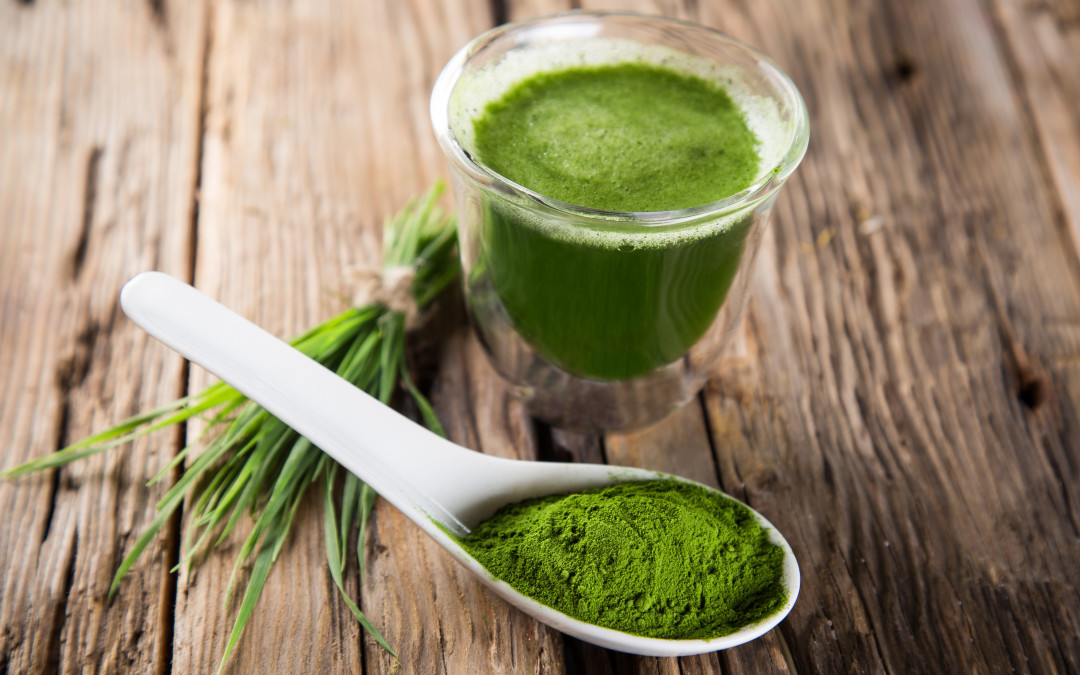
Spirulina Algae is an excellent food supplement. It is rich of nutrient properties, provides energy and prevents cardiovascular diseases. It is available as tablets, spaghetto shape or powder.
Spirulina Algae's Composition

Also known as Arthrospira platensis, it is an algae that lives in salted lakes with alkaline water. Spirulina has got multiple nutritional and therapeutic properties thanks to the substances that its contains:
- Proteins with high organic value: high quality proteins. This parameter is based on the presence of essential amino-acids (amino-acids that are not produced by the organism and have to be introduced by a diet) Spirulina contains all the 8 essential amino-acids (Phenylalanine, Isoleucine, Leucine, Lysine, Methionine, Threonine, Tryptophan, Valine).
- Essential fatty acids: Omega 3 and omega 6, that fight the level of cholesterol and triglycerides.
- Carbohydrates: among them rhamnose and glycogen.
- Vitamins: A, D, K and vitamins of group B.
- Mineral salts: iron, sodium, magnesium, manganese,calcium, iodine and potassium.
Spirulina's Properties
Food Supplement
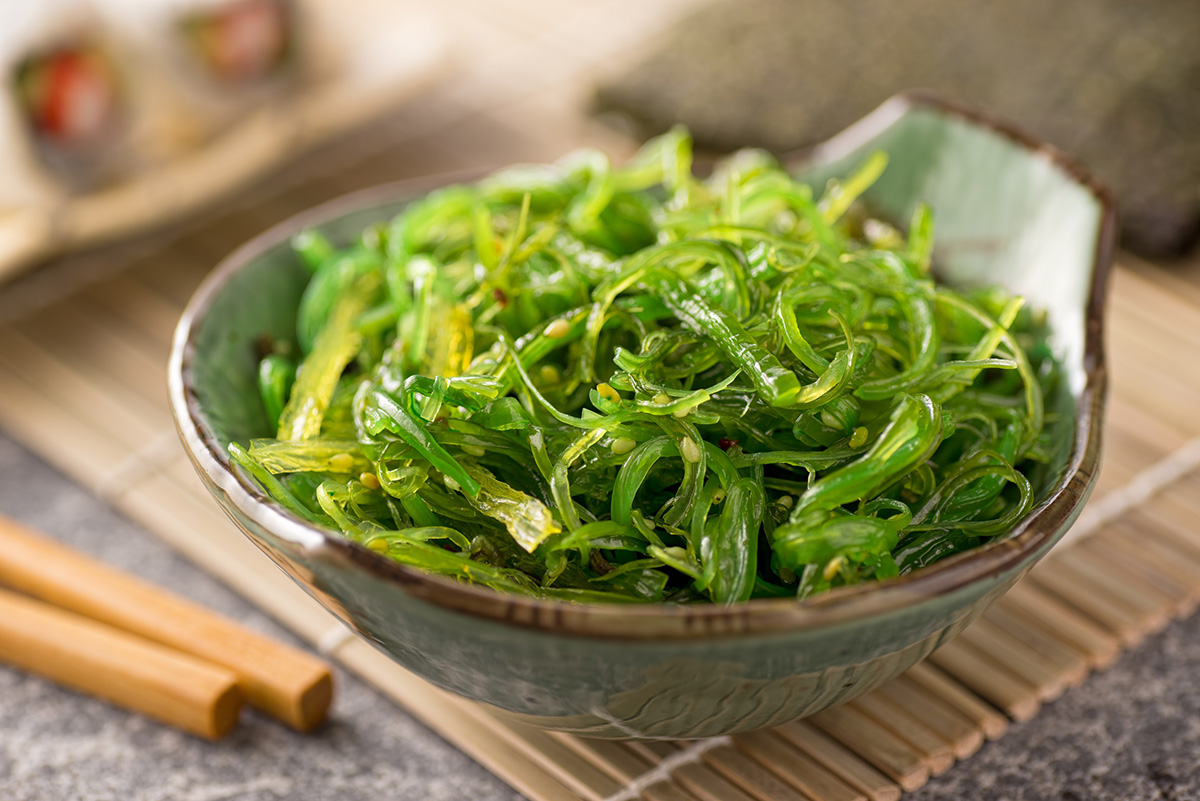
Food supplements for sportsmen or those who want to keep his/her weight under control..
It has got a low caloric content. The proteins and vitamins contained in the spirulina carry on a toning and energizing action . It reduces the starving sensation thanks to the content of phenylalanine that acts on the nervous system inducing a filling sensation. Being a complete product, rich of vitamins and mineral salts, it also provides the right nutritional intake for pregnant and breastfeeding women.
Anti-oxidant Action
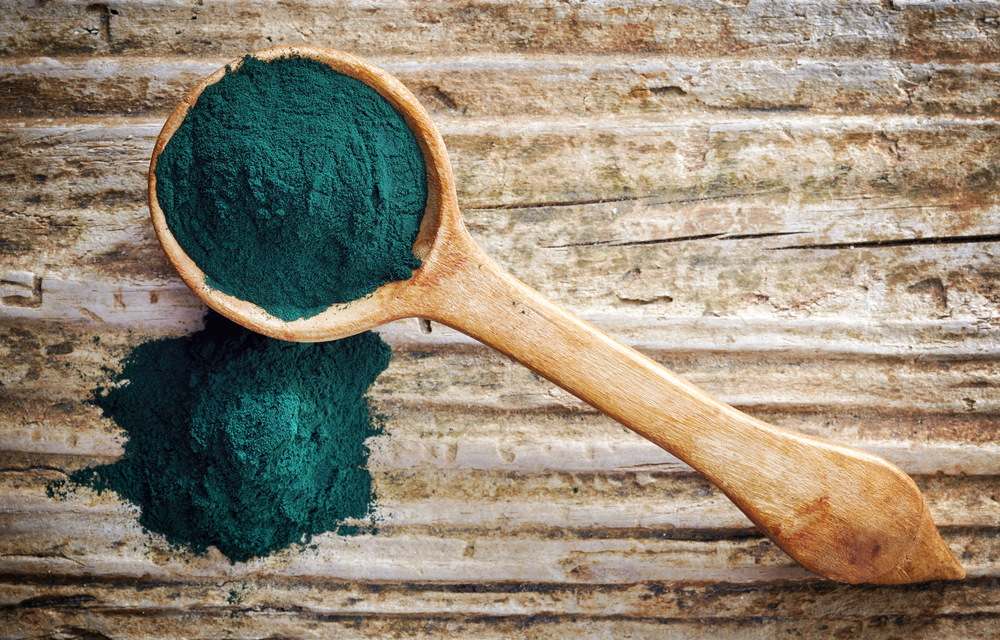
Thanks to the presence of beta-carotene, ascorbic acid and tocopherol that together carry on a synergistic effect fighting free radicals.Prevents aging damages favoring memory and concentration.
Preventive Action of Cardiovascular Diseases

The presence of essential fatty acids omega 3 and omega 6 have a fundamental role in the reduction of the cardiovascular risk. In particular the alpha-linolenic acid (key omega 3 fatty acid), is a powerful blood fluidizer, it carries on an anti-inflammatory action and reduces cholesterol levels. Linolenic acid (part omega 6 series) reduces LDL (bad cholesterol) and HDL (good cholesterol) values, the latter of a lower amount, thus helps in reducing the overall level of cholesterol and, as a consequence, the cardiovascular risk.
How to Use It
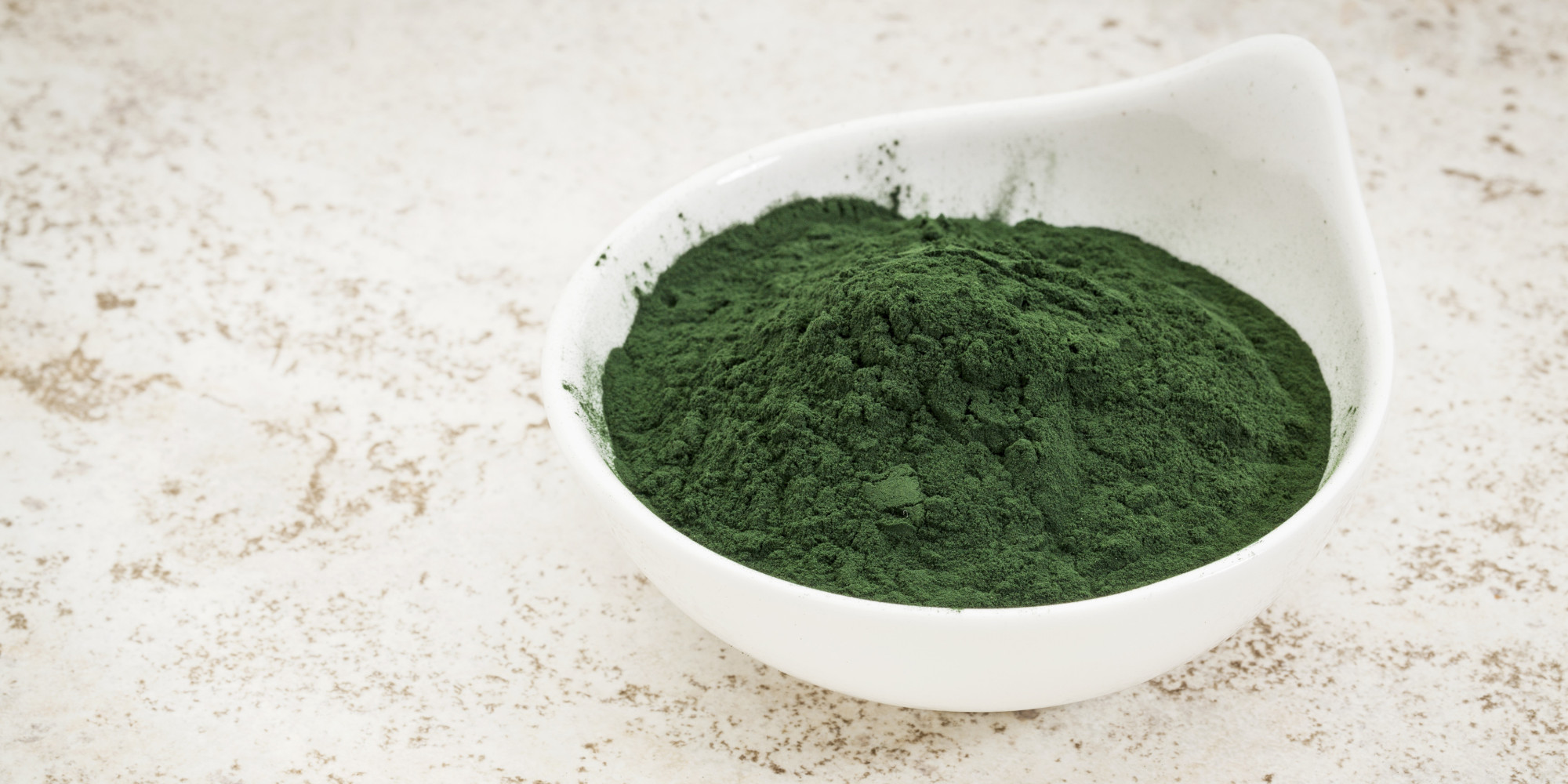
We have to be sure that the spirulina that we take is pure and comes from areas under controlled cultivation.
The quantity of spirulina to be taken varies between 1g and 5g per day. Below 1g, no effect is perceived, above 5 g it can have contraindications. The maximum dose advised is 5 g per day, also, it is advised to start consuming spirulina with a low dosage, gradually reaching the maximum quantity of 5g, because our body has to get used to the high concentration of properties of this algae.
Spirulina powder can be diluted in a glass of water, fruit juice or other liquid.
Contraindications
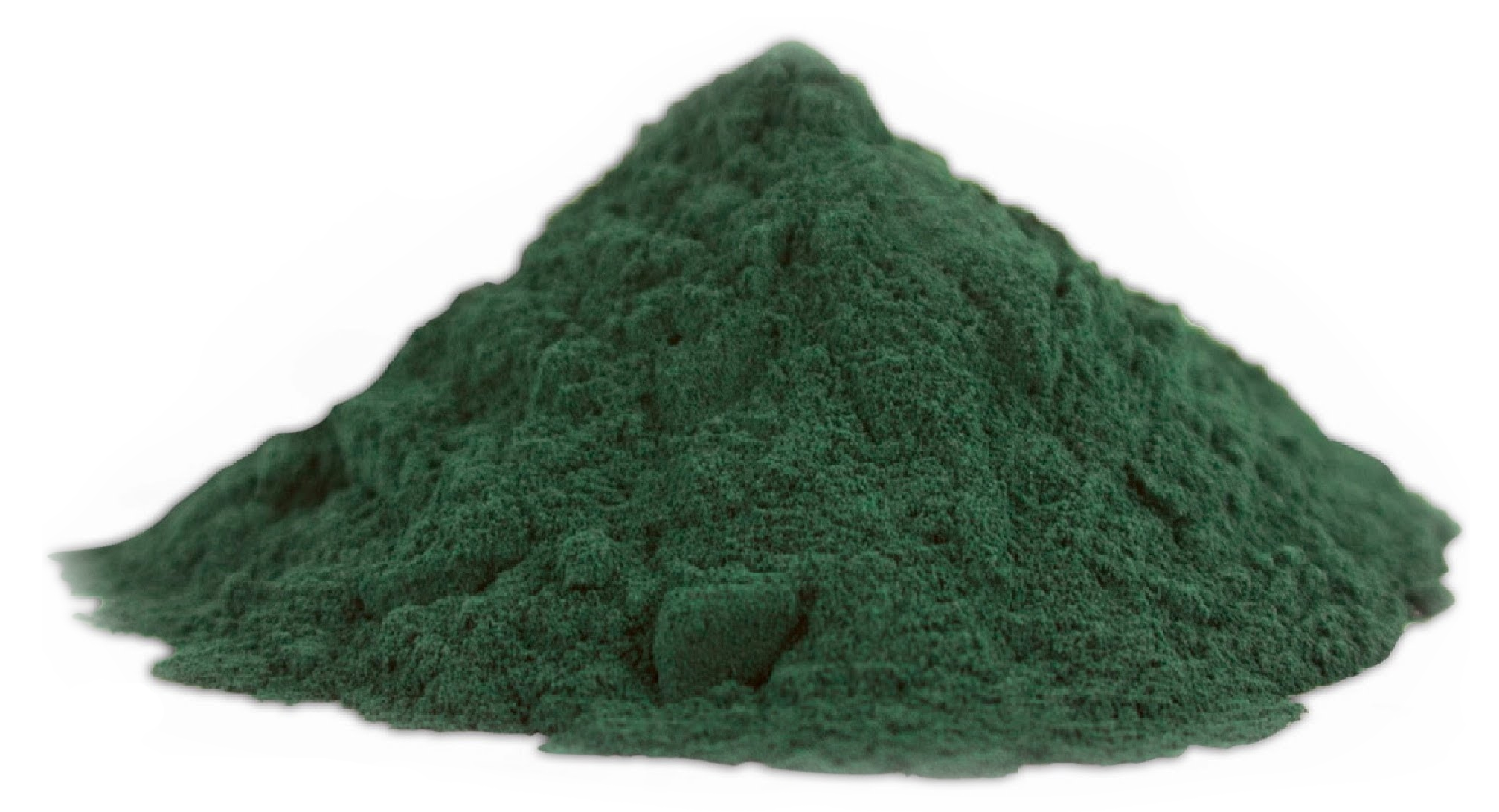
There are no particular contraindications if it is taken with the proper doses and modalities. It can be taken at any age. It is advised for people with thyroid problems or autoimmune diseases.
